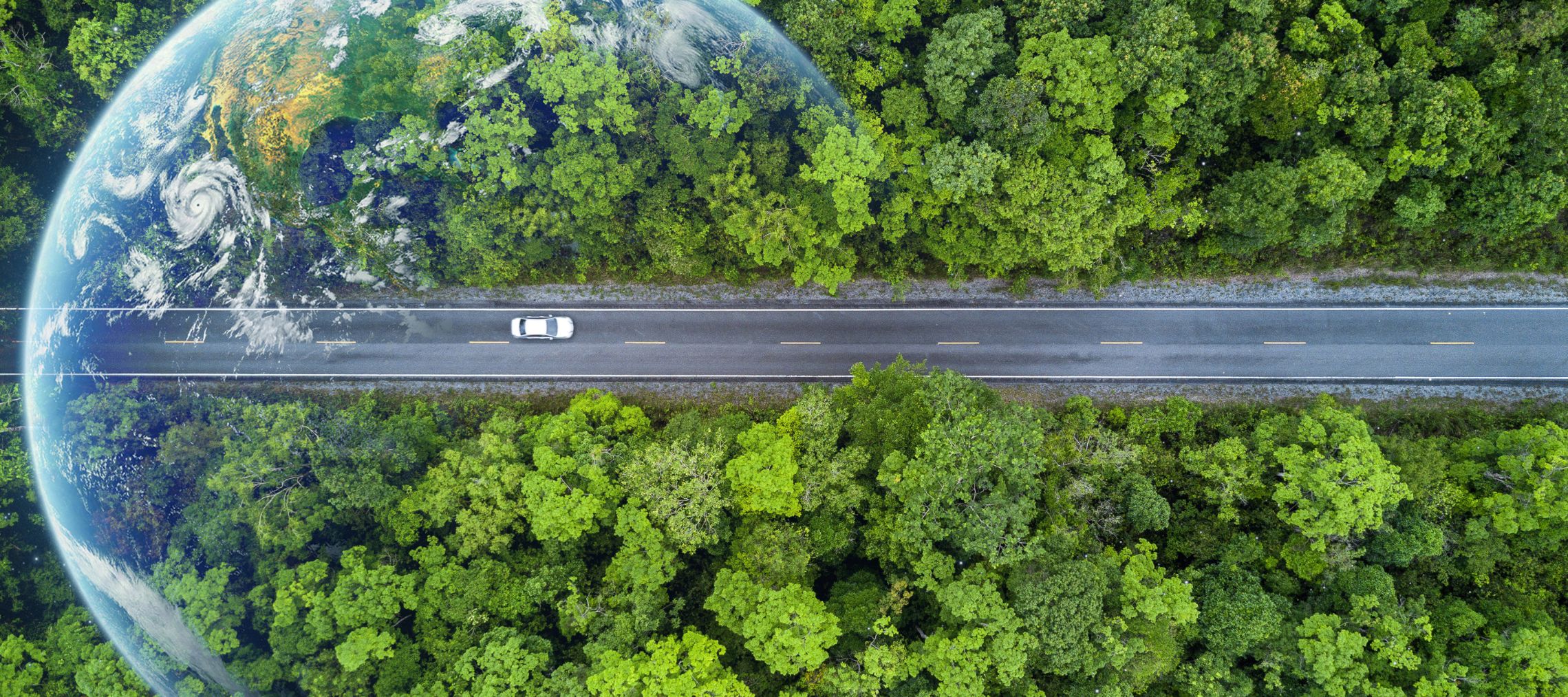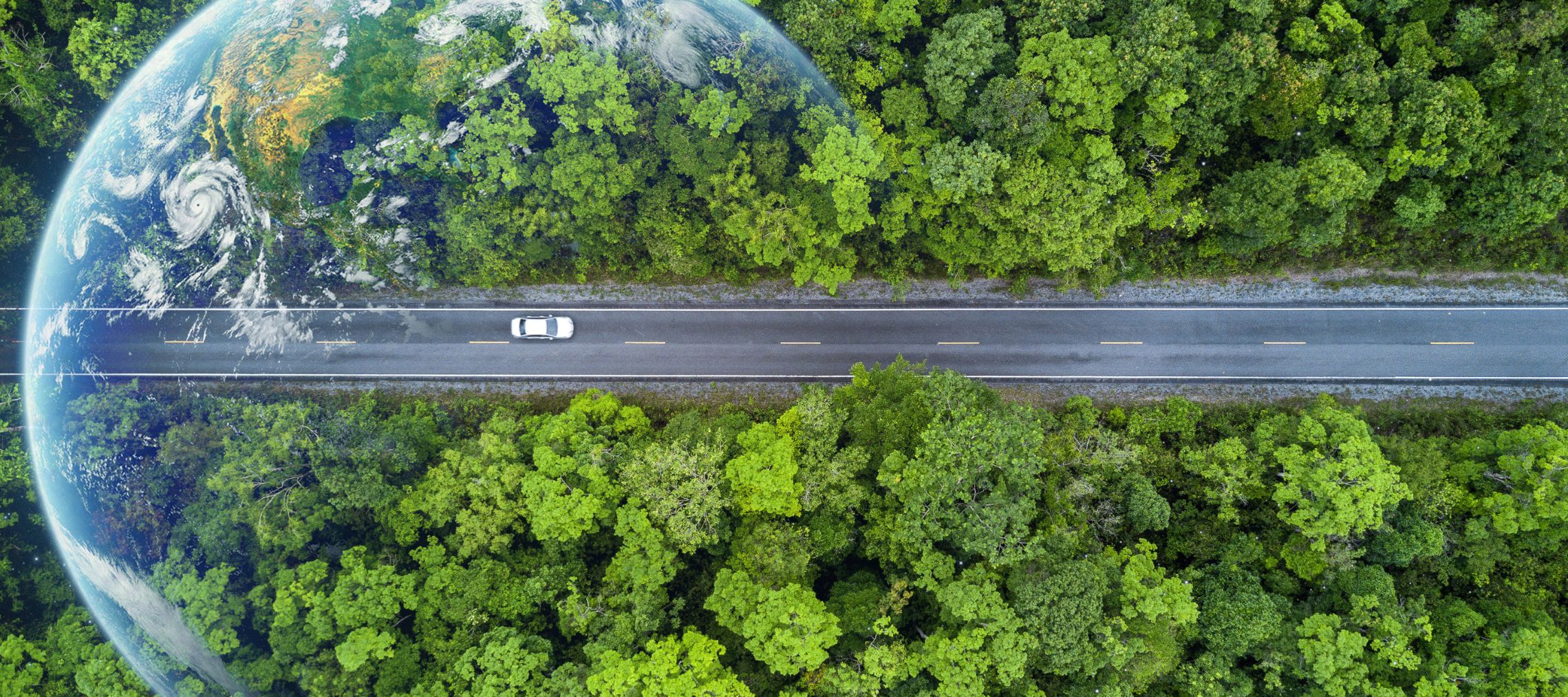Climate adaptation is a dynamic and complex process. This includes risk assessment, adaptation planning, implementation, and monitoring at different scales. Adaptation strategies vary according to specific types of climate hazards, geographical scales, and time frames. However, limited knowledge while dealing with several uncertainties is a major challenge. CSTEP's scientific strategies can help policymakers design and prioritise adaptation measures to meet our climate agenda.


Why India must account for climate adaptation in its budget
India has inexplicably dithered from making dedicated provisions for climate adaptation in its annual budgets, despite facing the brunt of climate change – it was listed as the seventh most vulnerable in the Climate Risk Index 2021. The upcoming budget for the financial year 2023-24 is an opportunity to demonstrate the policy intent towards ensuring climate-resilience of infrastructure, utilising nature-based solutions, and, most importantly, safeguarding the lives and livelihoods of citizens, especially those dependent on climate-sensitive sectors and living in vulnerable regions.
Innovating for a Better Future!
A brainchild of Professor Flemming Besenbacher, Professor of Nanophysics at Aarhus University, Denmark, UNLEASH is a global initiative that aims to bring together the next generation of youth from across the globe, providing a platform to share ideas, build networks, and create innovative and scalable solutions to progress towards the SDGs. It has been hosting the Global Innovation Labs annually, with the previous editions being in Denmark (2017), Singapore (2018), and China (2019).
Carbon Tunnel Vision Dominates the Climate Crisis Narrative
- The climate crisis is embedded in a breakdown of the larger socio-ecological system, wherein solving carbon will not necessarily solve the crises we are in.
- The West has been pushing a carbon-obsessed mitigation narrative.
Climate atlas of India: District-level analysis of historical and projected climate change scenarios
Climate change is the biggest challenge today and will be so in the coming decades. The increase in extreme events and their impact on natural and artificial ecosystems and lives and livelihoods are conspicuous. Formulation of climate policies and planning and implementation of programmes and projects for adaptation require climate information at various spatial scales.
Opinion: Climate adaptation must be transformational, not just fighting fires
For adaptation measures to work efficiently, assessments of capacity, technology and financial needs should be integrated. Regional (national and sub-national) stocktakes should now be initiated to move forward with the Global Goal on Adaptation.
It’s Time to Feed Our Soil
Soil — the second-largest natural carbon sink after oceans — has an enormous capacity to capture atmospheric carbon dioxide.
When functioning with loads of microorganisms, adequate water, air, minerals, and organic matter, soils are very much alive and healthy, sustaining ecosystems.
COP27: Reflections on Adaptation and Loss & Damage
The Climate, Environment and Sustainability team at CSTEP organised a discussion on 12 December 2022 to reflect on the key conversations that happened during COP27. The objective was to encourage dialogue among the climate community in India to speed up adaptation processes. For more details, please refer to the concept note and agenda.
Watch the full recording of the event here.
Towards a Policy Framework for Financing Future Loss and Damage
The inclusion of loss and damage (L&D) to the COP27 agenda is a positive first step in achieving climate justice. While vulnerable nations have been fighting for its inclusion into global discourses for decades, the recent climate-induced disasters across the world, especially in Pakistan, have played a pivotal role in its induction.
Multidimensional Policies for Rural Climate Resilience
The COVID-19 pandemic brought on unprecedented adversities for rural populations worldwide, endangering livelihoods and causing psycho-social impacts. These catastrophic effects have been further exacerbated by climate change, with a disproportional impact witnessed among the most vulnerable populations.
Urban Climate Resilience: A Case for Used-Water Treatment
The world is urbanising at a rapid pace. The United Nation’s report, World Urbanization Prospects: The 2018 Revision, predicts that close to 70% of the world’s population will reside in an urban area by 2050, placing an enormous burden on natural resources, especially water.
Given that the impacts of climate change will be felt acutely by cities, especially in the Global South, there is a need to adopt new processes — such as used-water reuse — to help secure their future.